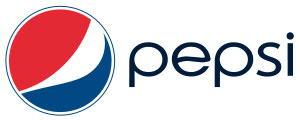 PepsiCo spent $750,000 in lobbying last quarter, which comes to $3 million per year. This amount is small change to a company with $57.8 billion in global sales, but the news highlights the company’s bipolar relationship to consumer health.
PepsiCo spent $750,000 in lobbying last quarter, which comes to $3 million per year. This amount is small change to a company with $57.8 billion in global sales, but the news highlights the company’s bipolar relationship to consumer health.
Companies are required to disclose their lobbying activities with the Clerk of the House of Representatives and with the Secretary of the Senate. According to PepsiCo’s lobbying report, the company was generally interested in policies concerning childhood obesity and food and beverage labeling. In terms of specific legislation, PepsiCo opposed guidelines being created by the Interagency Working Group on Food Market to Children (IWG), which would limit the way unhealthy foods could be marketed to children. The company has also fought hard to keep soda from being excluded from nutrition assistance programs, such as food stamp programs.
Although PepsiCo has made a number of changes to improve the public conception of how healthy their products are, the money invested in this kind of lobbying betrays these efforts as little more than token concessions to Americans’ increased interest in healthy eating.
This spring, C.E.O. Indra Nooyi gave a lengthy interview discussing her desire to make PepsiCo “the good company” by improving the nutritional profile of many products and through the Pepsi Refresh project, which uses social media to select worthy charities. However, lobbying against efforts to prevent childhood obesity belies the company’s efforts to cultivate a healthier public image.
Also Read:
Forget Drinkifed: How PepsiCo Could Build a Better Snack
